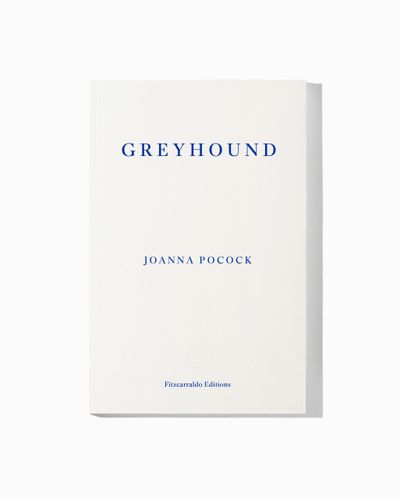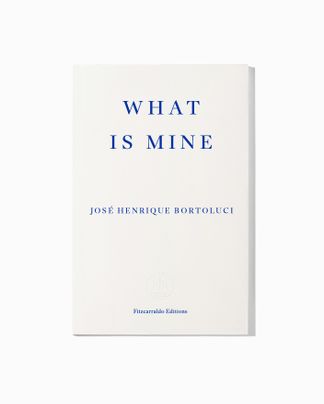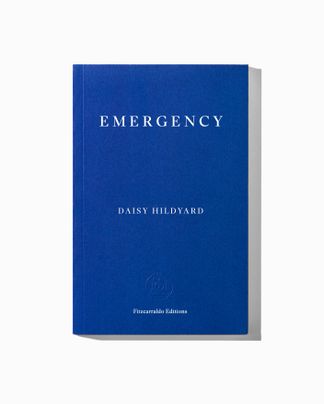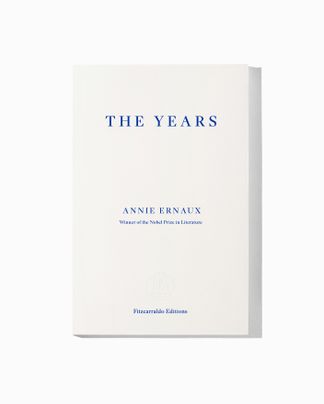In 2006, in the wake of several miscarriages, Joanna Pocock travelled by Greyhound bus across the US from Detroit to Los Angeles. Seventeen years later, now in her 50s, she undertakes the same journey, revisiting the same cities, edgelands, highways and motels in the footsteps of the few women writers – Simone de Beauvoir, Ethel Mannin and Irma Kurtz – who chronicled their own road trips across the US. In Greyhound, Pocock explores the overlap of place and memory, the individual against the communal, and the privatization of public space as she navigates two very different landscapes – an earlier, less atomized America, and a current one mired in inequality, as it teeters on the brink of environmental catastrophe. Her focus is on the built-upon environment: the rivers of tarmac, the illuminated gas stations, the sprawling suburbs and the sites of extraction created specifically to fuel contemporary life. Combining memoir, reportage, environmental writing and literary criticism, Greyhound is a moving and immersive book that captures an America in the throes of late capitalism with all its beauty, horror and complexity.
Financial Times Books of the Year 2025 | Times Literary Supplement Books of the Year 2025





